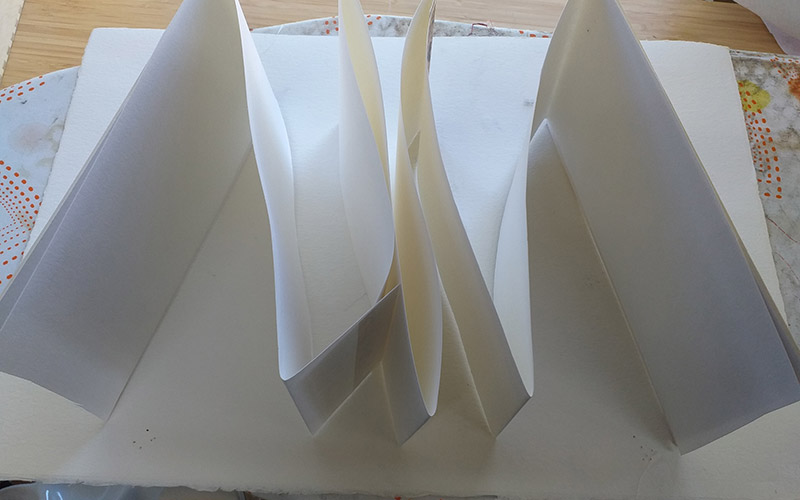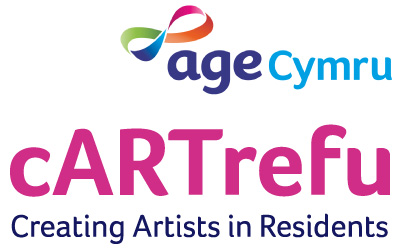
Suggest making a memory book with the residents and ask them to think about what they’d like to put into the book, this will start to stimulate an interest and encourage them to look around their bedroom for images or ask family and friends to bring some in. For residents that have sight loss, encourage them to talk about textures they like and smells that trigger memories. Allowing them to be able to feel their way around the paper, also the smell of the oils can stimulate conversation and senses. The activity worker, according to the ability of the resident, can then guide the resident around the activity, a pencil can be placed in their hand and the textures of the fabric/cord/ wood, will guide them into taking the pencil for a walk.
The activity can be based around the resident’s experiences and/or memories, such as past holidays or outings the home has taken them on, or possibly photo copies of wedding/ anniversary/grandchildren/war/work photographs, or maybe what they can see/smell from the window on that particular day.
Themes can be built around this such as remembrance day/Christmas/ spring building a memory around a visit or film they have seen together.
The concertina book can be opened up and pinned on the wall encouraging residents to comment on each other’s books and encouraging conversations.
Ways to adapt for less able residents:
The workshop can be adapted for less able residents by providing simpler shapes and bolder coloures focusing on pattern/ feel and smell, then residents can also direct the activity staff or visitor to where they would like the pencil to go.
Ways to adapt from group to individual and vice versa:
This activity is suitable for more intimate interaction with individuals involving visitors and family or a group session with lots of materials in the centre of the table for the residents to choose from, and again encouraging conversation and positive interaction.
